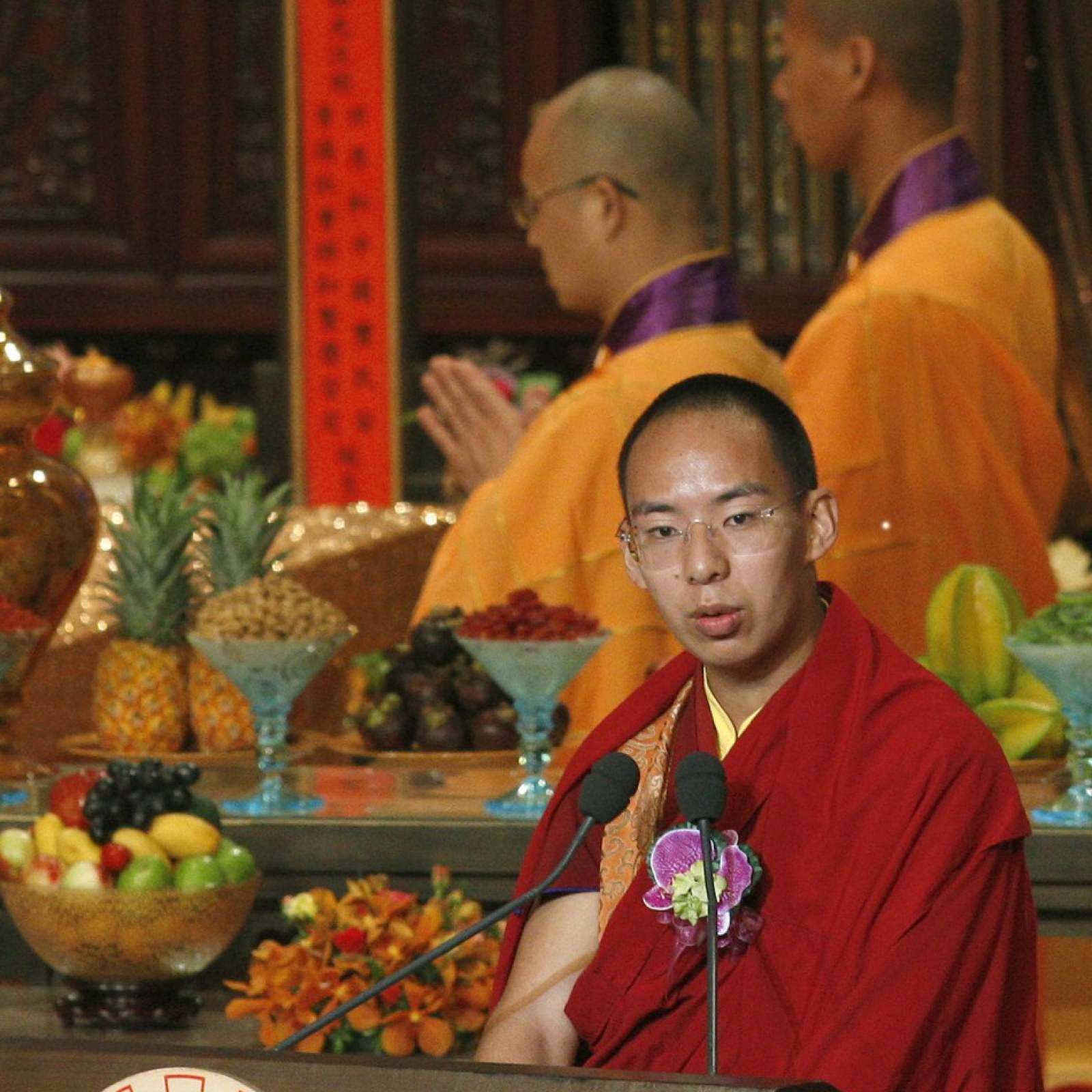Gyaltsen Norbu was appointed by China in 1995 as the 11th Panchen Lama, a key spiritual leader in Tibetan Buddhism. His appointment came after the Dalai Lama named a different boy, Gedhun Choekyi Nyima, as the true Panchen Lama. That child was taken away by Chinese authorities and has not been seen since.
Norbu’s Rise in Chinese Politics
Since being chosen, Gyaltsen Norbu has grown into an active public figure, appearing at state events and making speeches that align with the Chinese Communist Party’s views. He is a member of a top political advisory group in China and regularly visits Tibetan areas, representing the government’s position.
Support for China’s Policies
Norbu has often expressed his support for China’s leadership. In a recent meeting with President Xi Jinping, he said he would work to promote ethnic unity and the sinicisation of Tibetan Buddhism, which means reshaping it to fit Chinese culture and laws.

Beijing’s Religious Agenda
China’s promotion of Gyaltsen Norbu is part of a larger plan to control Tibetan Buddhism and limit the influence of the Dalai Lama, who lives in exile in India. The Chinese government says it will also choose the next Dalai Lama, a move strongly opposed by Tibetans and the Dalai Lama himself.
Lack of Support from Tibetans
Despite his official position, Gyaltsen Norbu has not gained wide support among Tibetan Buddhists. Many still recognize the missing Gedhun Choekyi Nyima as the true Panchen Lama and view China’s appointment as political interference.
Ongoing Conflict Over Succession
The issue of spiritual leadership and succession remains a sensitive one in Tibet. The Dalai Lama has said his next birth will be outside China, while Beijing insists that it will choose his successor. This deepens the divide between Tibetan religious traditions and Chinese political control.
